The EU's carbon border adjustment mechanism (CBAM) entered into force on 1 October. This mechanism requires the maintenance of carbon price regulations set under the EU's emissions trading system. This effort aims to ensure that EU producers do not face competition from imports that are not subject to carbon price regulation.
To prevent a further escalation of a trade war between the two entities following the implementation of the Trump-era Section 232 measures, they launched an agreement called the Global Arrangement on Sustainable Steel and Aluminium (EU-US GSA).
US Trade Representative Katherine Tai said the parties are working "to discourage trade in emissions-intensive steel and aluminium products from other countries that contribute to global off-market excess capacity and to ensure that domestic policies support reducing the greenhouse gas emissions intensity of these industries".
According to a study by the US International Trade Commission, which concluded that US importers bear the cost of steel and aluminium tariffs, the US lost $3.5 billion in revenue as a result of Section 232 tariffs.


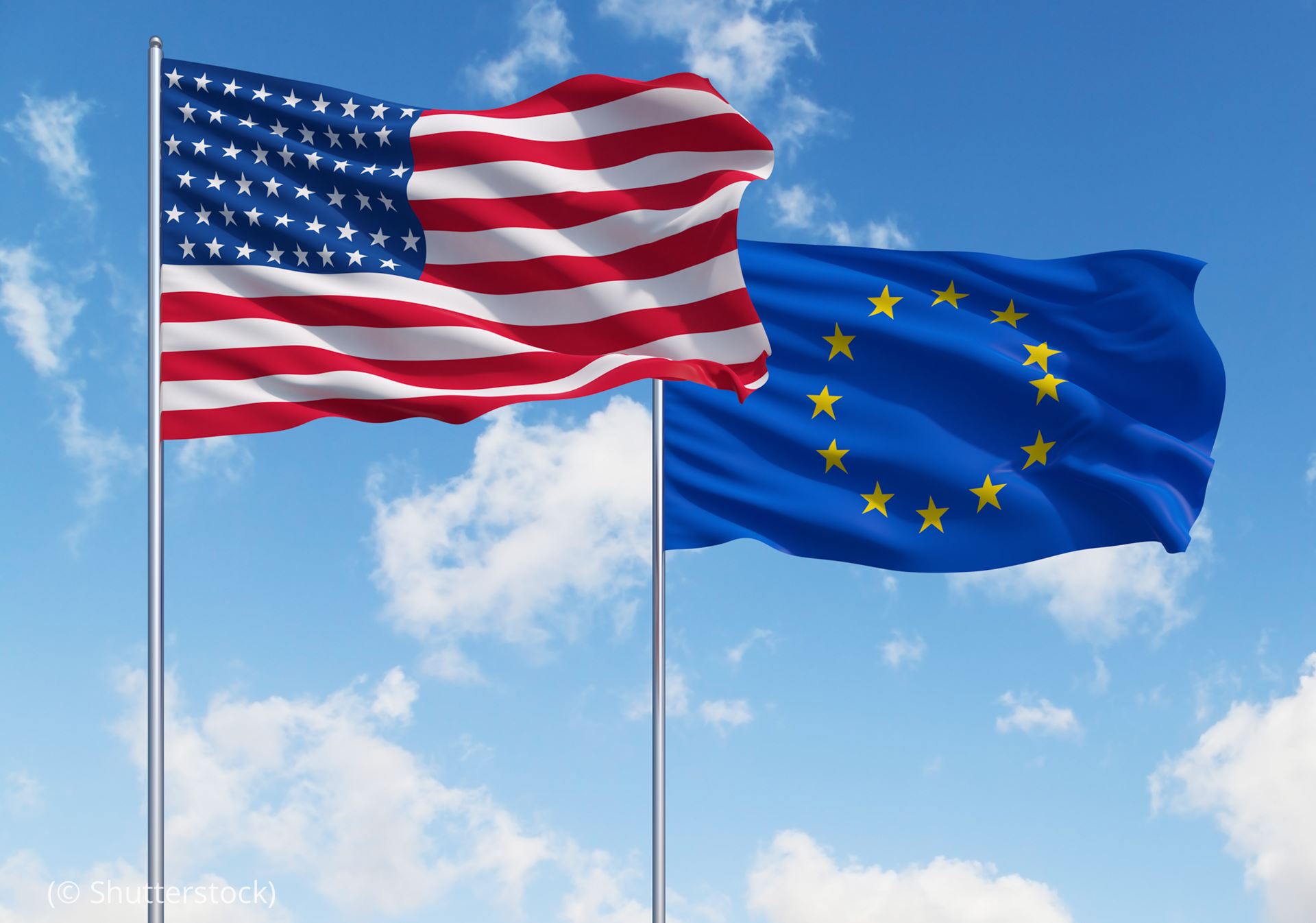

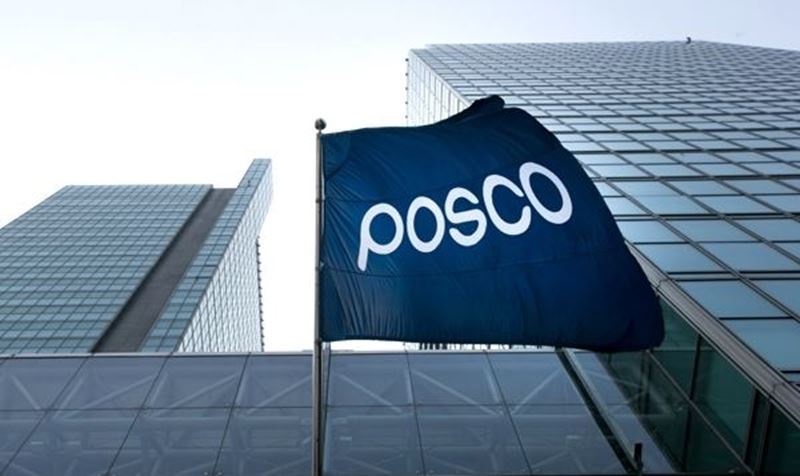
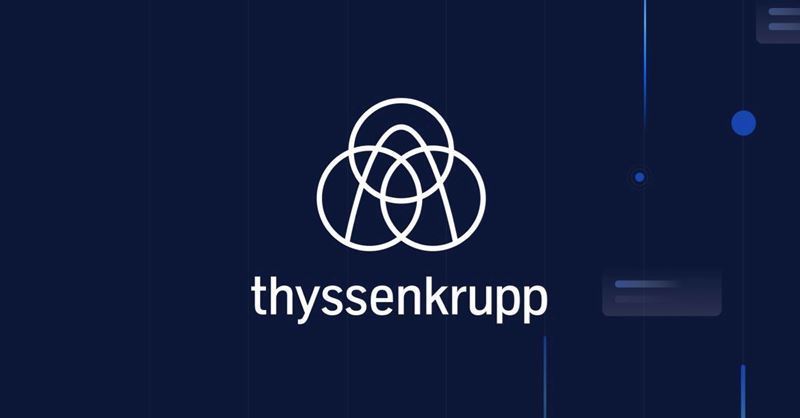

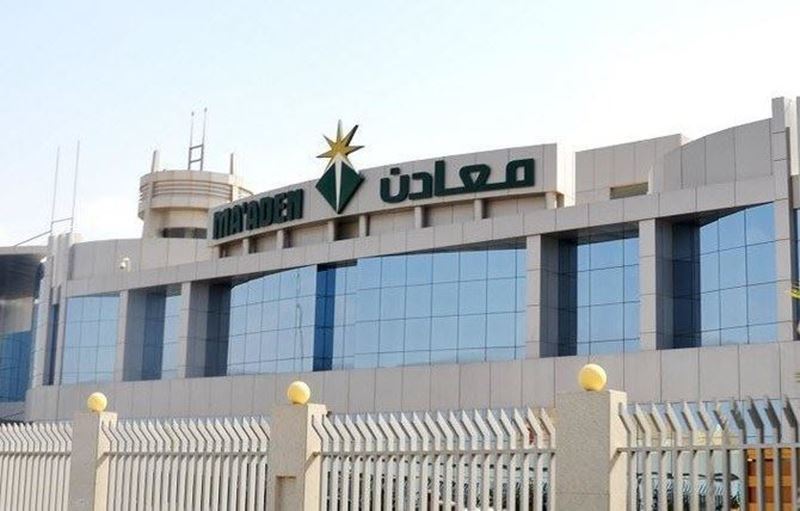
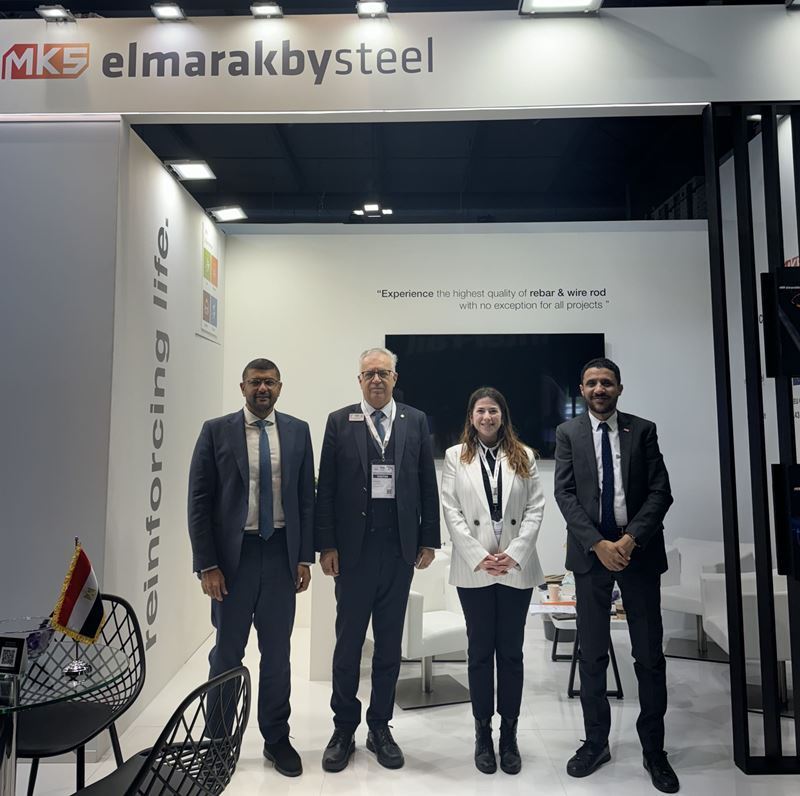


Comments
No comment yet.